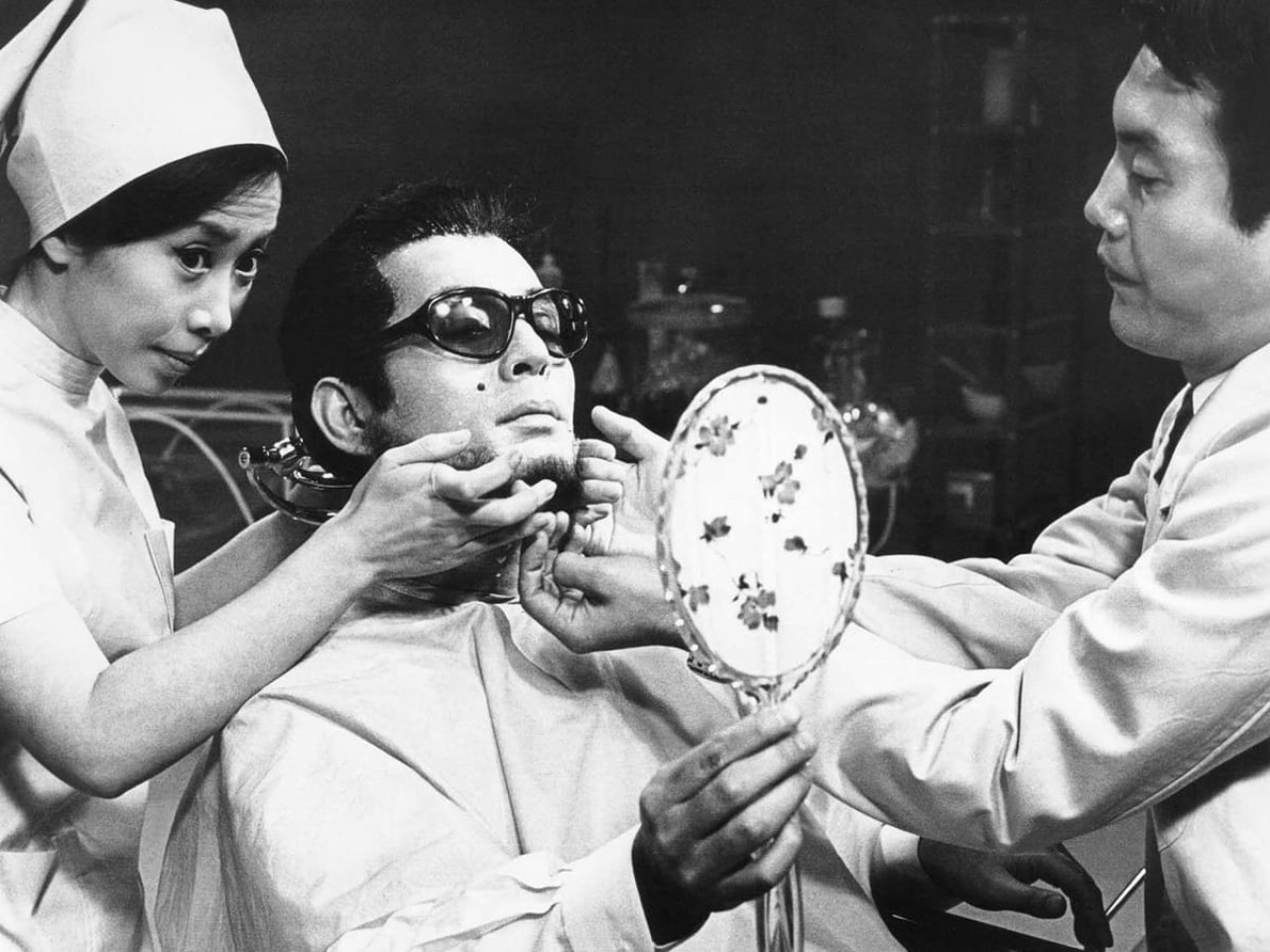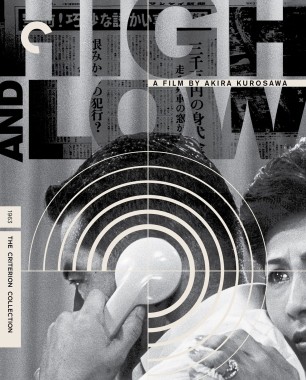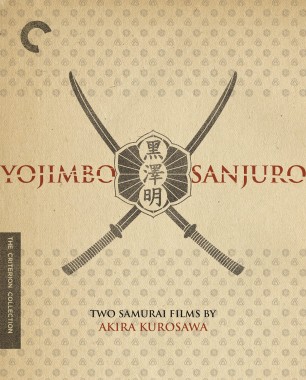The Face of Another

A staggering work of existential science fiction, The Face of Another dissects identity with the sure hand of a surgeon. Okuyama (Yojimbo's Tatsuya Nakadai), after being burned and disfigured in an industrial accident and estranged from his family and friends, agrees to his psychiatrist's radical experiment: a face transplant, created from the mold of a stranger. As Okuyama is thus further alienated from the world around him, he finds himself giving in to his darker temptations. With unforgettable imagery, Teshigahara's film explores both the limits and freedom in acquiring a new persona, and questions the notion of individuality itself.
Special Features
- Restored high-definition digital transfer
- Video essay on the film by critic and festival programmer James Quandt
- Theatrical trailer
Available In
Special Features
- Restored high-definition digital transfer
- Video essay on the film by critic and festival programmer James Quandt
- Theatrical trailer

Cast
- Tatsuya Nakadai
- Mr. Okuyama
- Machiko Kyo
- Mrs. Okuyama
- Mikijiro Hira
- Psychiatrist
- Kishida
- Nurse Kyoko
- Miki Irie
- Girl with scar
- Eiji Okada
- The boss
- Minoru Chiaki
- Apartment superintendent
Credits
- Director
- Hiroshi Teshigahara
- Screenplay
- Kôbô Abe
- Music
- Toru Takemitsu
- Cinematography
- Hiroshi Segawa
- Editing
- Yoshi Sughihara
- Art direction
- Masao Yamazaki
- Lighting
- Mitsuo Kume
- Sound
- Junosuke Okuyama
- Titles
- Kiyoshi Awazu
- Set decoration
- Kenichiro Yamamoto
- Still photography
- Yasuhiro Yoshioka
















